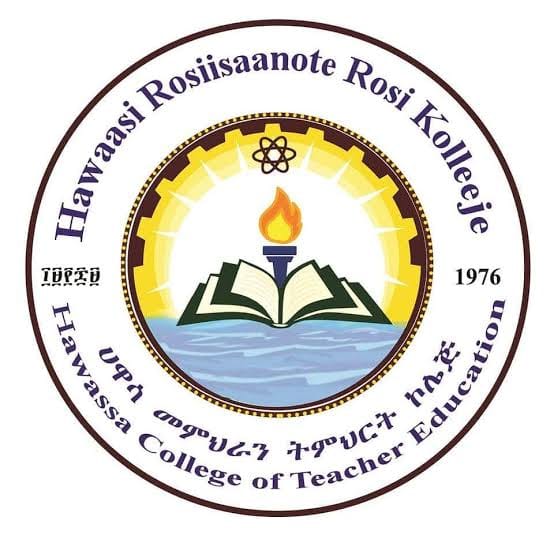Hawassa College of Teacher Education: A Brief History
The history of Hawassa College of Teacher Education spans nearly half a century, showcasing its success story. The establishment of Hawassa College of Teacher Education (HCTE) dates back to 1976 GC, marking a significant turning point in the introduction of a new educational institution in the region, specifically in the field of teacher education in Hawassa. The history of HCTE can be divided into two distinct periods based on historical events related to the college:The First Period (1976-1996 GC) and The Second Period (1996 GC- onwards).
The history of the college traces back to the establishment of Hawassa Teacher Training Institute (HTTI) in 1969 EC (1976 GC). The institute was primarily tasked with training and educating prospective teachers for elementary schools, focusing on producing trained primary school teachers within its designated areas. Additionally, the institute offered in-service training (kiremt) programs for educational leaders in primary schools. The institute became operational in mid-1969EC (1976) after receiving untrained (subsidy) degoma teachers working in primary schools and providing them with short-term in-service training. The establishment of HTTI was directly associated with a historic event that occurred at Kotebe College of Teacher Education in 1976. At that time, Kotebe College stopped offering courses covered by a certificate program for primary school teachers, leading to the transfer of the teacher training program to the current Hawassa College of Teacher Education (HCTE), formerly known as Hawassa Teacher Training Institute (HTTI). This program continued until the institute was elevated to college status in 1988 EC (1996 GC). Since its inauguration until 1998 G.C, the college graduated over 18,779 teachers at a certificate level.
The history of HCTE as a college officially began in the summer of 1996 GC (Kiremt 1988 EC) with the implementation of the Summer In-Service Program. During the period of 1996 - 1997, the college became one of the seven recognized colleges by the Ministry of Education (MoE). This is evident from the fact that the first group of regular pre-service entrants were assigned by the MoE from within the catchments of HCTE. A similar practice was also applied in the first Kiremt In-Service Program.
After being promoted to a college level in 1988 E.C, over 68,347 students graduated with a diploma level in regular and extension programs. Among them are 50 South Sudanese scholars who attended their diploma training at our college. The college went through various training modalities such as linear, cluster, specialist/generalist and TESO in both 12+2 and 10+3 training regimens. In affiliation with Dilla University, the college has successfully trained 434 trainees in the degree program in Educational Planning and Management (EdPM). In 2010 E.C (2018 GC), the college won the competition to become center of excellence for training in teacher education among five SNNPRS colleges.
From 2022 G.C (2014E.C) onwards, the college now is offering training at the first degree level across 13 different departments. Early Childhood Care and Education (ECCE) has been offered at 12+2 diploma level since then. Additionally, the college has been offering both degree and diploma level training at four centers (Hawassa, Yirgalem, Aleta Wondo and Bensa) in its extension (weekend) program since 2023 G.C (2015 E.C). The college operates with a total of 383 staff members (210 academic and 173 administrative staff).
